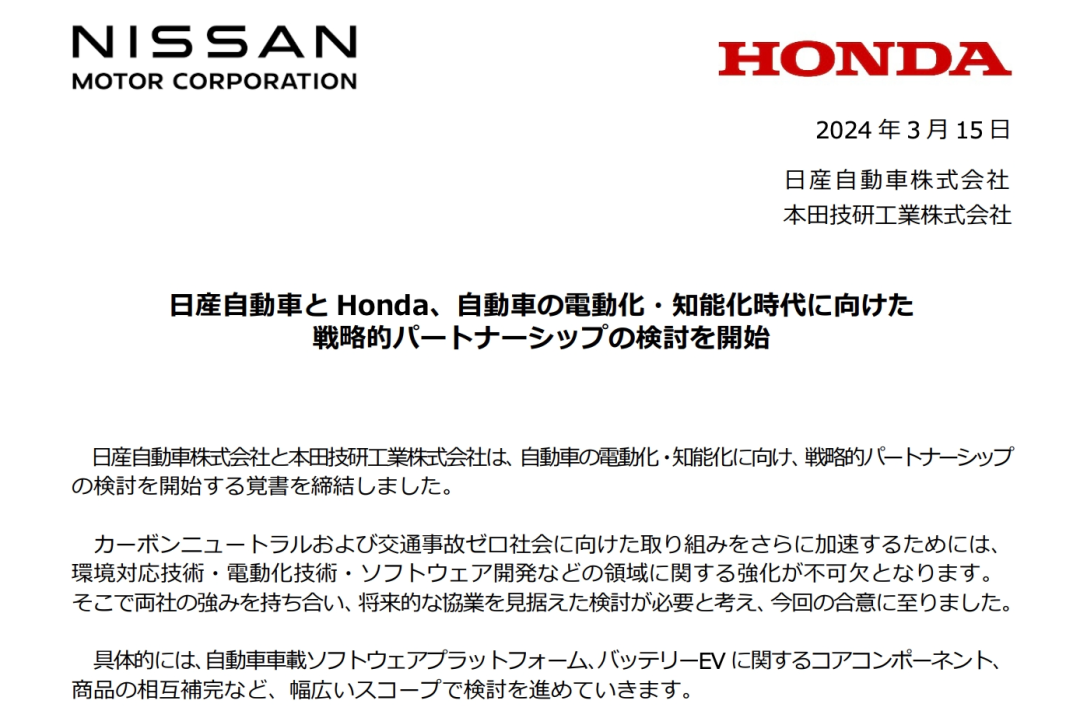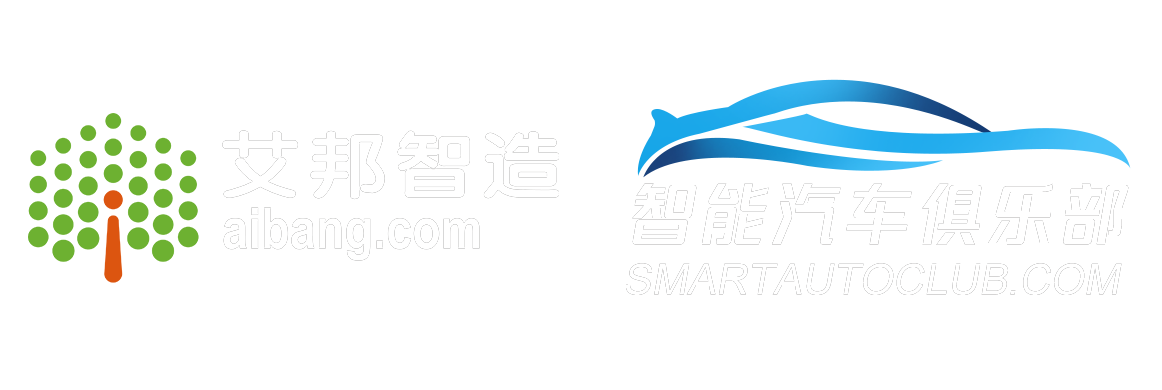Recently, Japanese automakers Nissan and Honda announced the signing of a memorandum of understanding to launch comprehensive cooperation in the electric vehicle business, including joint procurement, joint development of power platforms, and commonality of spare parts. Nissan and Honda hope to reduce costs and improve cooperation through resource integration. The competitiveness of electric vehicle products. However, the cooperation between the two parties is still in its infancy, with only a memorandum of understanding signed. Whether final cooperation will be reached and the specific direction of cooperation remains to be confirmed.
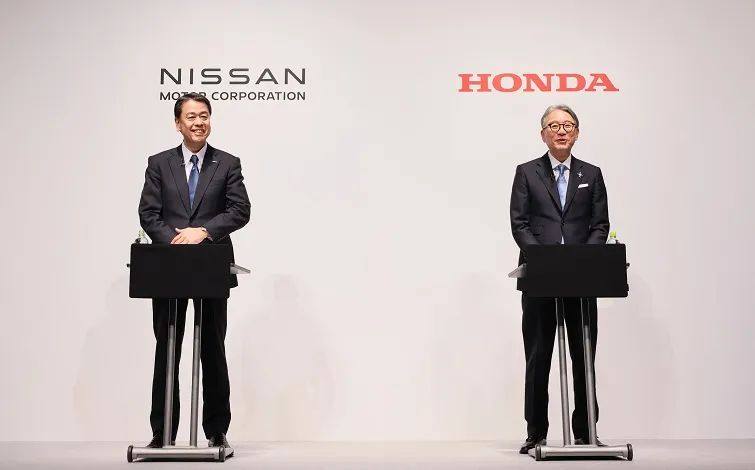 Faced with the complexity of the global auto market and cooling demand for electric vehicles, Honda and Nissan are considering overcoming these challenges through cooperation, seeking to share R&D costs, accelerate innovation in electric vehicle technology, and leverage economies of scale to reduce costs to more effectively Respond to competitive pressures in global markets.
"It is important to prepare for the increasingly accelerated pace of transformation in the medium to long term, and our agreement is based on a mutual understanding that Honda and Nissan face common challenges," said Nissan President and CEO Makoto Uchida.
Toshihiro Mibe, President and CEO of Honda Motor, said: "During this once-in-a-century transformation period in the automotive industry, we will study the potential for collaboration between Nissan and Honda. Our study criteria will be the synergy of technology and knowledge cultivated by our companies. role that enables us to become an industry leader by creating new value for the automotive industry."
As one of the earliest car companies to enter the field of electric vehicles, Nissan launched its first electric vehicle, the Leaf, to the market as early as 2010. However, due to the slow pace of updating the local electrification industry chain and Sanden technology, Nissan has never been able to It can effectively increase the profit margin of its own electric products. Competition with Toyota and Honda in the fuel vehicle market, as well as the two car companies' technological accumulation in the hybrid market, ultimately made it difficult for Nissan to develop in the field of electric vehicles.
Faced with the complexity of the global auto market and cooling demand for electric vehicles, Honda and Nissan are considering overcoming these challenges through cooperation, seeking to share R&D costs, accelerate innovation in electric vehicle technology, and leverage economies of scale to reduce costs to more effectively Respond to competitive pressures in global markets.
"It is important to prepare for the increasingly accelerated pace of transformation in the medium to long term, and our agreement is based on a mutual understanding that Honda and Nissan face common challenges," said Nissan President and CEO Makoto Uchida.
Toshihiro Mibe, President and CEO of Honda Motor, said: "During this once-in-a-century transformation period in the automotive industry, we will study the potential for collaboration between Nissan and Honda. Our study criteria will be the synergy of technology and knowledge cultivated by our companies. role that enables us to become an industry leader by creating new value for the automotive industry."
As one of the earliest car companies to enter the field of electric vehicles, Nissan launched its first electric vehicle, the Leaf, to the market as early as 2010. However, due to the slow pace of updating the local electrification industry chain and Sanden technology, Nissan has never been able to It can effectively increase the profit margin of its own electric products. Competition with Toyota and Honda in the fuel vehicle market, as well as the two car companies' technological accumulation in the hybrid market, ultimately made it difficult for Nissan to develop in the field of electric vehicles.
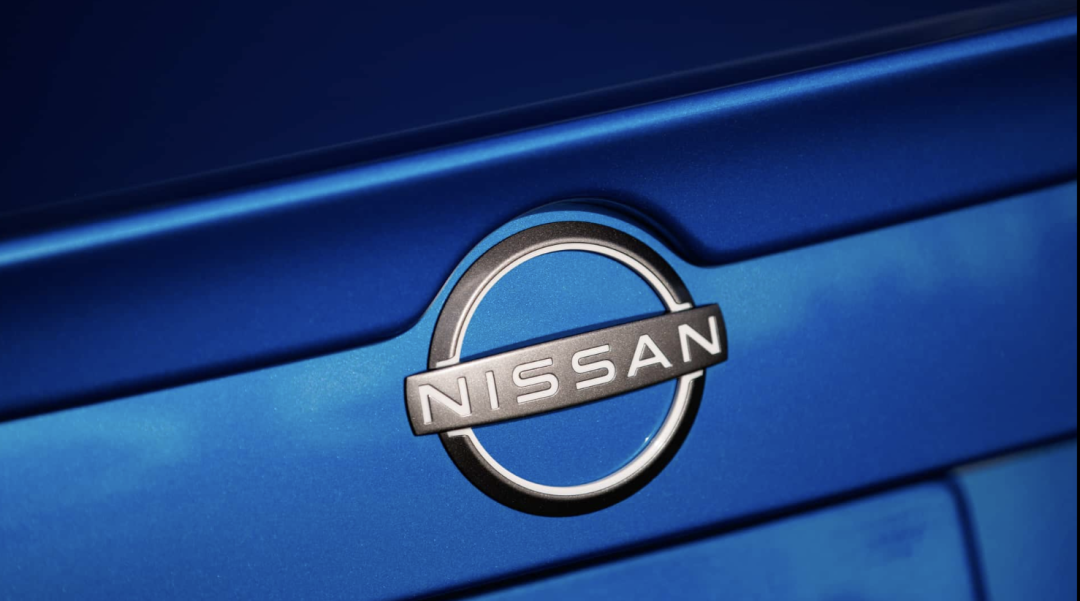 In 2019, Nissan launched its first pure electric SUV, ARIYA. ARIYA is built on the CMF-EV platform and is regarded as a landmark product in Nissan's electrification transformation. It plays an important role in Nissan's electrification. However, this electric vehicle will not be officially introduced to the Chinese market until 2022. At this time, competition in the Chinese electric vehicle market has entered a fierce stage. Coupled with its price starting at 272,800 yuan, this "iconic product" "After being launched on the market, it was sentenced to "death". In 2023, 3,702 vehicles were sold, and the monthly sales volume was only over 300, which was far lower than Nissan's expectations.
In 2019, Nissan launched its first pure electric SUV, ARIYA. ARIYA is built on the CMF-EV platform and is regarded as a landmark product in Nissan's electrification transformation. It plays an important role in Nissan's electrification. However, this electric vehicle will not be officially introduced to the Chinese market until 2022. At this time, competition in the Chinese electric vehicle market has entered a fierce stage. Coupled with its price starting at 272,800 yuan, this "iconic product" "After being launched on the market, it was sentenced to "death". In 2023, 3,702 vehicles were sold, and the monthly sales volume was only over 300, which was far lower than Nissan's expectations.
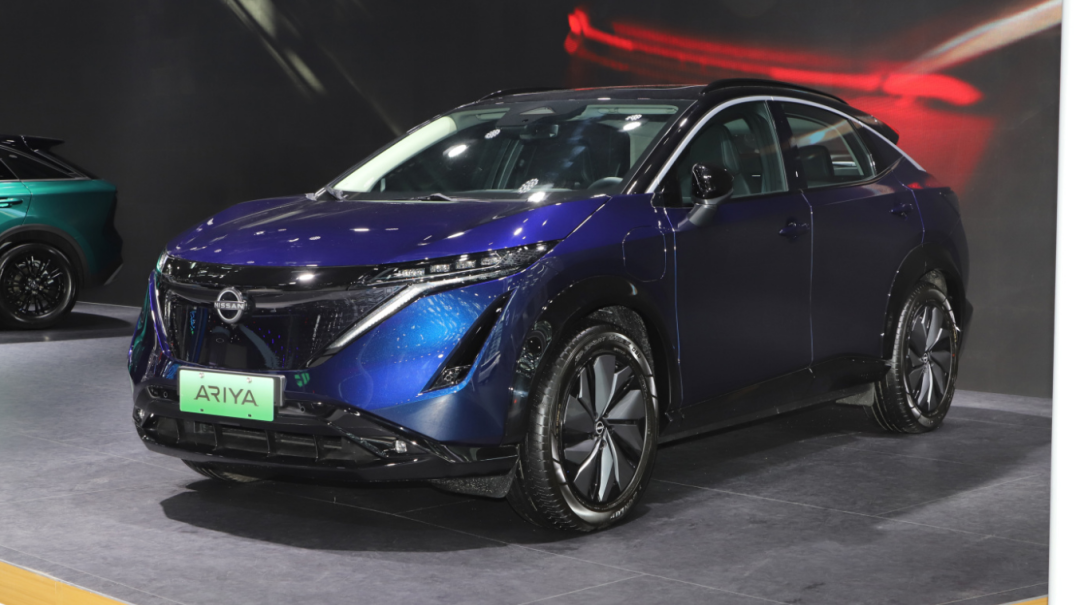 Honda is also not late in the development of electrification. As early as the 1990s, it launched the electric concept car EVX and mass-produced its first electric EV Plus. However, in the following decades, Honda's efforts in the field of electrification have not been stable. not much. In the Chinese market, although the Honda joint venture also launched several pure electric models, the market response was lackluster. In October 2021, Honda China released a new pure electric brand e:N, and also released five new models in the "e:N" series. The first two models are Dongfeng Honda e:NS1 and GAC Honda e:NP1. It is regarded as a sign of "comprehensively entering the new era of electrification". At this time, the Chinese automobile market has undergone tremendous changes, also due to the inflated market pricing, coupled with the inability to improve both the brand tone and the technological configuration. Impressing consumers, these two electric vehicles were eventually "sentenced to death" by the market. In 2023, e:NP1 sales were 4,502 units and e:NS1 were 10,562 units.
Honda is also not late in the development of electrification. As early as the 1990s, it launched the electric concept car EVX and mass-produced its first electric EV Plus. However, in the following decades, Honda's efforts in the field of electrification have not been stable. not much. In the Chinese market, although the Honda joint venture also launched several pure electric models, the market response was lackluster. In October 2021, Honda China released a new pure electric brand e:N, and also released five new models in the "e:N" series. The first two models are Dongfeng Honda e:NS1 and GAC Honda e:NP1. It is regarded as a sign of "comprehensively entering the new era of electrification". At this time, the Chinese automobile market has undergone tremendous changes, also due to the inflated market pricing, coupled with the inability to improve both the brand tone and the technological configuration. Impressing consumers, these two electric vehicles were eventually "sentenced to death" by the market. In 2023, e:NP1 sales were 4,502 units and e:NS1 were 10,562 units.
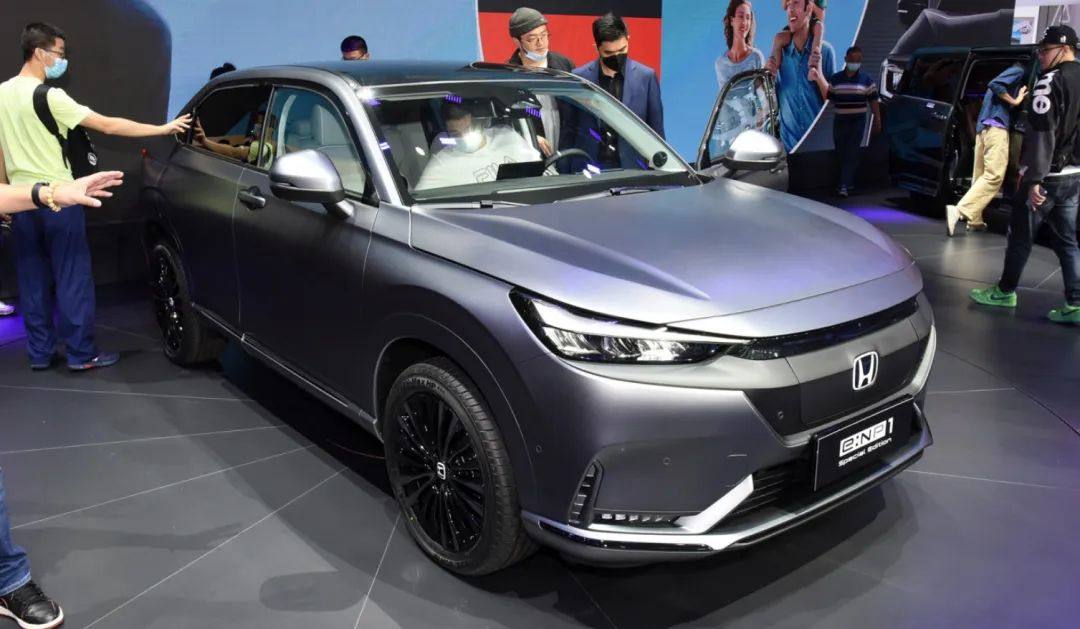 Currently, Japanese cars are being beaten by local electric car brands in the Chinese market, and it’s not just electric cars. In 2023, Qin PLUS sold a total of 434,200 units, surpassing Sylphy's 376,100 units and Lavida's 345,900 units. After the Spring Festival of the Year of the Dragon, BYD took the lead in launching an attack on joint venture fuel vehicles, shouting the slogan "Electricity is lower than oil". The Qin PLUS, priced at only 79,800 yuan, directly overturned the "table" of Sylphy, Lavida and Corolla. Since then, More and more new energy brands have followed BYD in price cuts, triggering a new wave of price cuts. This has put pressure on joint venture car companies and has no choice but to follow the market and cut prices. However, even so, it is difficult to restore the market situation.
Currently, Japanese cars are being beaten by local electric car brands in the Chinese market, and it’s not just electric cars. In 2023, Qin PLUS sold a total of 434,200 units, surpassing Sylphy's 376,100 units and Lavida's 345,900 units. After the Spring Festival of the Year of the Dragon, BYD took the lead in launching an attack on joint venture fuel vehicles, shouting the slogan "Electricity is lower than oil". The Qin PLUS, priced at only 79,800 yuan, directly overturned the "table" of Sylphy, Lavida and Corolla. Since then, More and more new energy brands have followed BYD in price cuts, triggering a new wave of price cuts. This has put pressure on joint venture car companies and has no choice but to follow the market and cut prices. However, even so, it is difficult to restore the market situation.
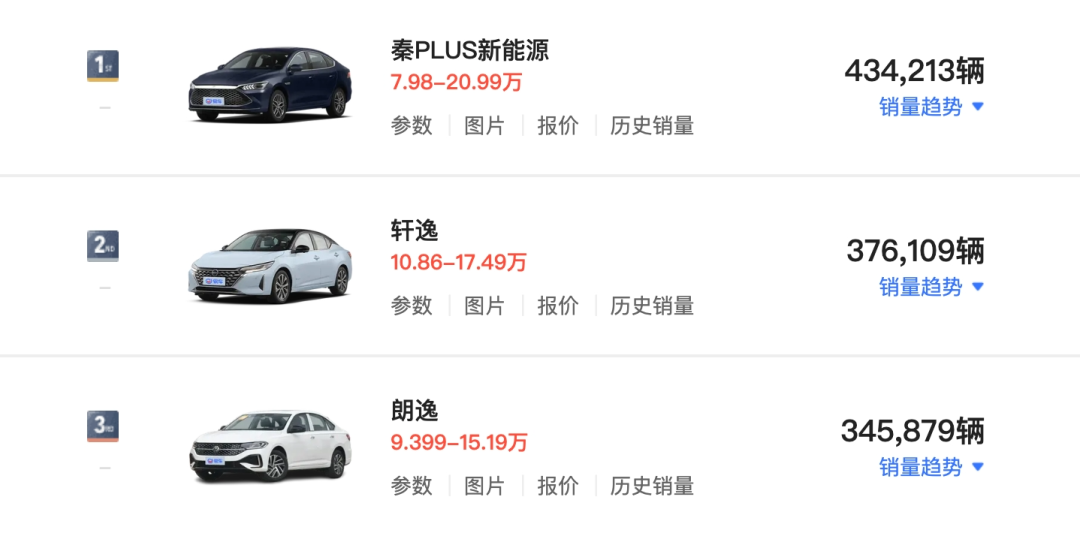 Japanese car companies, led by Toyota, have always advocated that reducing carbon emissions is not the only way to reduce carbon emissions. Hybrid and hydrogen fuels should also receive attention. However, the great success of electric car companies such as Tesla and BYD in the Chinese market has made this The development route is highly controversial.
In fact, it’s not that Japanese brands don’t want to develop electric vehicles. In April 2022, Honda announced an investment of 5 trillion yen within ten years for the research and development of electrification and software technology. By 2030, Honda will launch 30 pure electric vehicles globally, with an annual output of more than 2 million vehicles. Nissan stated in its "2030 Vision" (Nissan Ambition 2030) that it will launch 27 electric vehicles globally by fiscal year 2030, including an electric vehicle specially designed for the Chinese market.
Japanese car companies, led by Toyota, have always advocated that reducing carbon emissions is not the only way to reduce carbon emissions. Hybrid and hydrogen fuels should also receive attention. However, the great success of electric car companies such as Tesla and BYD in the Chinese market has made this The development route is highly controversial.
In fact, it’s not that Japanese brands don’t want to develop electric vehicles. In April 2022, Honda announced an investment of 5 trillion yen within ten years for the research and development of electrification and software technology. By 2030, Honda will launch 30 pure electric vehicles globally, with an annual output of more than 2 million vehicles. Nissan stated in its "2030 Vision" (Nissan Ambition 2030) that it will launch 27 electric vehicles globally by fiscal year 2030, including an electric vehicle specially designed for the Chinese market.
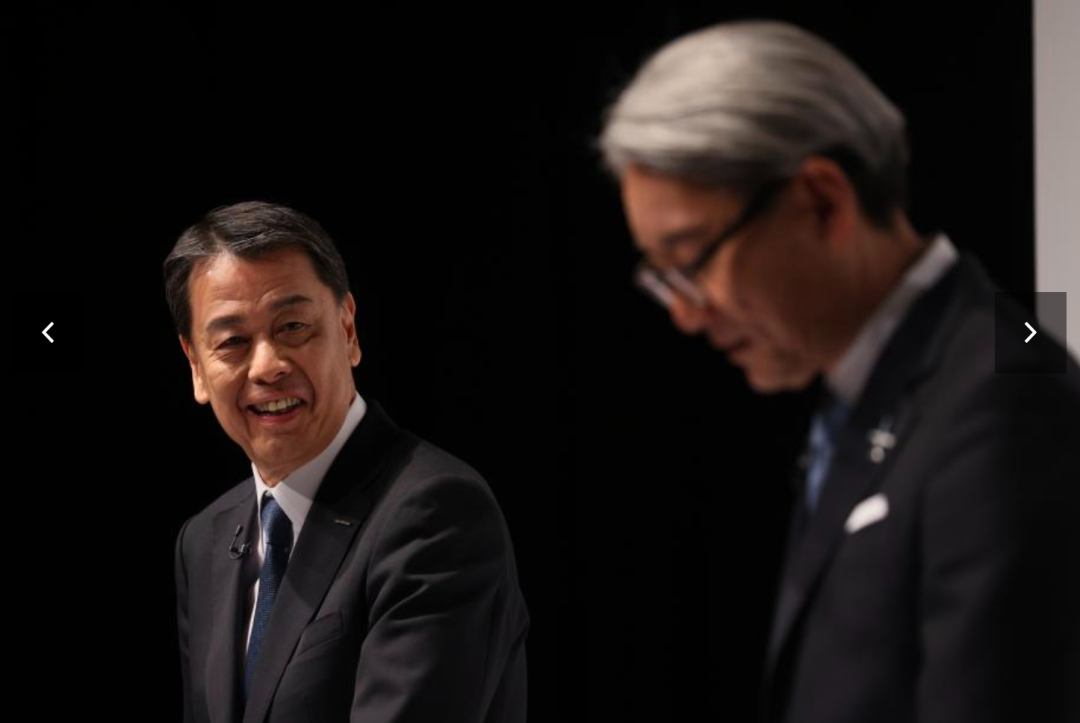
The strategic adjustment of Nissan and Honda in the Chinese market will be a long-term process. As electric vehicle technology continues to advance and consumer demands change, the two companies must continue to explore and adapt to new market trends while maintaining competitiveness. Whether by adjusting production capacity or strengthening their layout in the field of electric vehicles, Nissan and Honda are facing transformation challenges and opportunities.
The original article was originally published on the WeChat public account (Tongche Times):Heavy! Nissan and Honda actually announced: together!

